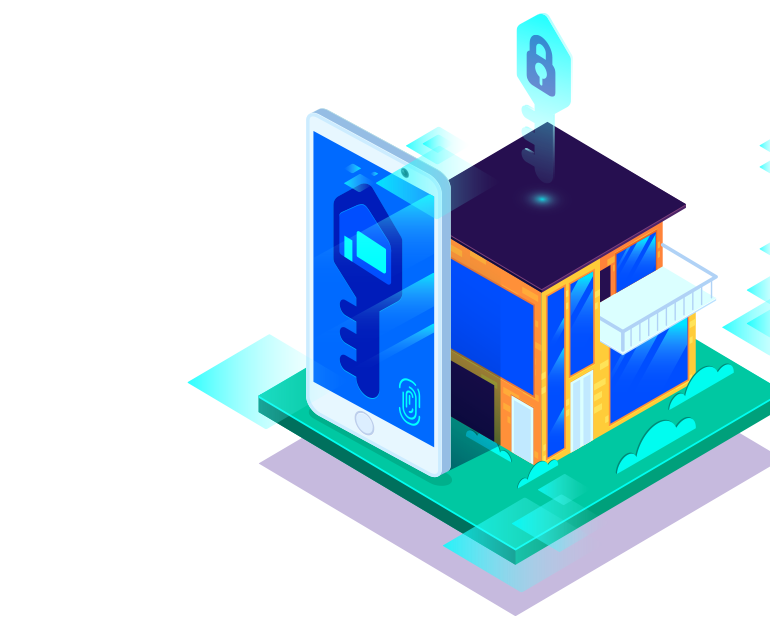Old wisdom can still teach us a lot in how we handle modern technology: fail to plan, plan to fail; an ounce of prevention is worth a pound of cure. We could go on and on, but here’s a list of the top 5 reasons why disaster recovery planning is so important for your business.
Reason #1: It can happen to everyone, even your business
IT disasters are an inevitability in modern technology. It could happen to you at some point. Be it fire, flooding, corrupted data or a hacking attack: whatever the cause, your data can be the victim of a catastrophic event that puts revenues and customer satisfaction at risk.
Reason #2: Failover quickly
An ideal disaster is an oxymoron, but if there was it would simply cause your systems to failover to a separate disaster recovery site instantly without interruption to your service. Only your IT data centre managers would realise that the service previously running in one data centre now runs in the failover centre on the other side of town.
Reason #3: Minimize long-term negative impact
In the event of a disaster, your company’s continued operations depend on the ability to replicate your IT systems and data. Disaster recovery is a roadmap that will restore operations while minimizing the long-term negative impact on the company.
A disaster recovery plan lays out how you will prepare for a disaster, what your response will be, and what steps it will take to ensure that operations can be restored.
Reason #4: Machines and hardware fail.
While modern IT hardware is fairly reliable, it could still fail at some point. No one is immune to hard disk or internet connection crashes. Having a disaster recovery plan that eliminates all points of failure in your IT infrastructure is the only way to ensure that a hardware or software failure doesn’t interrupt your service or cause data loss.
Reason #5: Keep your customers
Customer retention is costly, but customer re-acquisition is devastatingly expensive. IT incidents are usually a very disruptive event for end-users too. It takes a lot to earn customers’ trust, but after you lose their data or are even temporarily unable to offer them your service, trust quickly evaporates. So get a disaster recovery plan - it is far less expensive to prevent a disaster than try to re-acquire lost customers after one has occurred.
When an unforeseen event causes day-to-day operations to seize, a company will need to recover and resume operations fast. Downtime is one of the biggest IT expenses that businesses face.
With a disaster recovery plan in place, a company can save itself from risks including reputation loss, data loss, and the negative impact on clients and customers. Find out how BMIT can protect your business.
